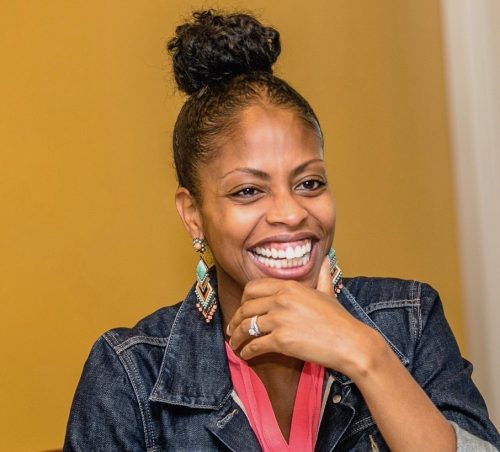The Road to Academia
Category : PROspective
By: Lauren McCullough, PhD
While there are many paths to a career in academia, it is almost universally true that an advanced doctoral degree (research, professional, or clinical) is necessary. After obtaining your undergraduate degree, graduate education (first your master’s degree and then your doctorate) is the next step. In my opinion, two factors should be strongly considered. First, consider an institution with strong didactic training and at least one faculty you are interested in working with. They should be genuinely interested and available to train you! Doctoral education is a long road, and a great mentor-mentee relationship will keep you happy and satisfied through the graduate school experience.
Similarly, going to a program that has opportunities to support your training (assistance-ships, traineeships, etc.) will reduce the economic burden later in your career. Following graduate studies, many trainees consider a postdoc which consists of a 2–4 year period where you would work closely with a faculty member and further develop your research skills. The decision to pursue a postdoc depends on your preparation and the type of academic job you want which could range from 100% teaching to 100% research.
The pros and cons of being an academic?
Like all careers, there are advantages and disadvantages to being an academic. Ask five academics to list their top pros and cons, and you’d likely get five different answers! Below, I attempt to summarize a few advantages and disadvantages:
Pros
- Flexibility with your schedule – we tend to work at times that align with our productive hours (I’m a morning person) or that are convenient given familial and personal obligations.
- Ability to focus on activities that you find interesting – this is a biggie for me. I can largely spend time doing the things I like (e.g., mentoring and grant writing) and less time on the things I don’t!
- Independence – academics develop their own program of research and scholarly work. There is no ‘boss’ micromanaging your activities.
Cons
In my opinion, many of the cons can be managed–particularly if you’ve done some soul searching and know what type of academic job you want.
- Teaching, research, or service expectations – despite the flexibility and independence that comes with being an academic, your institutions may have expectations that don’t always align with your preferences.
- Propensity to bring work home – there is always another paper to edit, grant to write, service to complete, or email to send. Moreover, as ‘thinkers,’ the academic brain rarely turns off. I have to be deliberate in creating space for myself and my family.
- Compensation – Generally, salaries for faculty are low, particularly when you consider the years of training. However, considering compensation alongside the intellectual freedom and flexibility that comes with a career in the academy, it may be adequate. If you get into academics thinking you will be wealthy, you will likely be disappointed!
Is being an academic right for you?
While there are no single definitive criteria to consider when deciding on a career in the academy, there may be characteristics that one should consider—first, a love of learning. Second, being comfortable not knowing—the longer I’m in the academy, the more I realize how much I don’t know! Third, a passion and excitement for the work you do; many aspects of being an academic are tedious and time-consuming, you need your passion to carry you through. Finally, tough skin. Rejection is inevitable. Our proposals and papers are frequently rejected. We face similar rejection from trainees or colleagues that we are trying to recruit or from our students through course evaluations.
The only way to truly know if an academic career is right for you is to do your homework. Talk with trainees, faculty, and leadership (consider chatting with folks at all levels: doctoral trainees to department chairs). Understand their path, unique skills, and interest, and most importantly: KNOW YOURSELF!

Dr. Lauren E. McCullough is Rollins Assistant Professor in the Department of Epidemiology at the Rollins School of Public Health. Her overarching research interests are in the life-course epidemiology of cancer (breast cancer and lymphoma), specifically the contributions of obesity and physical inactivity to the tumor epigenome and microenvironment, as well as disparities in cancer outcomes.
Featured Image by Patrick Robert Doyle on Unsplash
